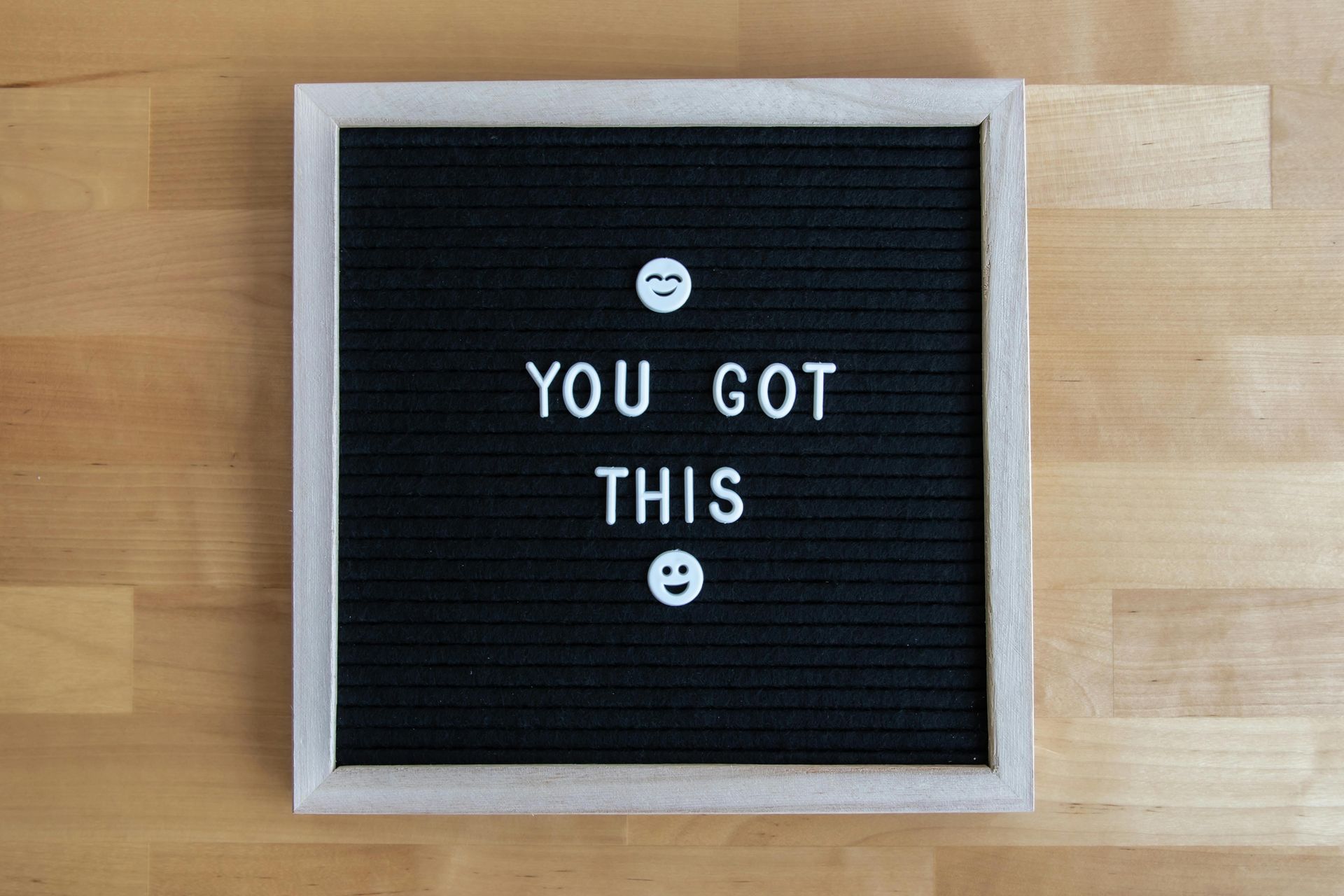
Why Queensland Lawyers Are Moving from Private Practice to In-House Legal
In Queensland’s evolving legal market, more lawyers are making the shift from private practice to in-house legal roles. It’s not hard to see why — in-house positions offer the chance to work closely with business decision-makers, see your advice implemented in real time, and influence commercial strategy.
That said, in-house isn’t for everyone. It’s just one of many rewarding career paths available to lawyers, and success in this environment depends on your skills, motivations, and preferred way of working. Making the move from a law firm to in-house successfully takes more than just spotting a job ad, it requires understanding how in-house legal jobs differ from private practice, knowing the skills you’ll need to succeed, and preparing yourself to stand out in a competitive in-house legal market in Brisbane.
Key Differences Between Law Firm and In-House Legal Work
While both demand strong technical legal skills, the day-to-day reality is often different:
- From billable hours to business outcomes — In-house legal teams are generally measured by how they add value and manage risk, rather than meeting strict billable hour targets. That said, some in-house teams do track time for internal reporting, cost recovery, or service transparency.
- Breadth over specialisation — In-house lawyers often advise on a wide range of matters, sometimes outside their original area of expertise.
- Proactive problem-solving — You’re part of the decision-making process and may find yourself embedded in project teams, not just responding to client instructions.
- Commercial integration — You become a colleague and business partner within the organisation, rather than an external adviser.
What Skills Do You Need to Work In-House as a Lawyer?
Moving in-house isn’t simply about transferring your legal knowledge. Hiring managers for in-house legal teams look for:
- Commercial acumen — Aligning legal advice with the company’s strategic and commercial goals.
- Stakeholder engagement — Building strong relationships across the organisation, from executives to operational teams.
- Adaptability — Handling shifting priorities and new legal areas with confidence.
- Clear communication — Turning complex legal issues into practical business solutions.
ACE Success Stories: From Law Firm to In-House Legal
We’ve helped many lawyers transition from private practice to in-house legal roles in Queensland:
- A senior associate from a national firm who moved into an international infrastructure company. Within 18 months, they were leading major commercial negotiations and helping to build a small team.
- A senior property lawyer who joined a property development group and became integral to the executive team’s strategy, reducing external legal spend by over 30%.
- An employment lawyer who moved to an organisation in the education sector, becoming a trusted adviser to the CEO thanks to their grasp of both regulation and workplace culture.
These transitions worked because each lawyer understood the in-house environment and could clearly articulate their value beyond technical legal skills.
How to Prepare for the Move from Private Practice to In-House Legal
1. Tailor Your CV for In-House Legal Jobs
Highlight commercial projects, cross-functional collaboration, and direct work with corporate clients. Make sure your CV tells a story — it should clearly connect your experience to the demands of an in-house role. If you’ve been on secondments, even for a short period, mention them. This experience shows you’ve operated inside a business environment and can give you a competitive edge over others in the applicant pool. (Watch for our upcoming blog on how to best position yourself to get shortlisted for an in-house role.)
2. Understand the Industry and Role
Different sectors — from infrastructure to healthcare — have unique challenges. Research the company’s priorities and think about how your skills match. Your experience and pre-law background could be vital — whether it’s prior industry work, technical expertise, or even early career roles outside of law. Capitalising on this unique perspective can help you position yourself as someone who not only understands the legal side but also speaks the language of the business.
3. Build Your Network
Many in-house legal jobs are part of the hidden job market. Connect with decision-makers, specialist recruiters, and lawyers already working in-house. And remember — never burn any bridges. Today’s colleague, client, or boss could be a key decision-maker or influencer in your career tomorrow. Maintaining positive professional relationships keeps doors open and opportunities coming, often when you least expect them.
4. Partner with a Specialist Legal Recruiter
Don’t wait until you’re ready to apply — partner early with a recruiter who focuses on in-house legal recruitment in Queensland. A great career adviser can help you map out your career, identify the skills and experience you may need to build while still in private practice, and position you for a successful move in-house when the time is right.
Make sure you invest in the relationship and keep them informed as your experience develops. This way, when those hidden job market opportunities you’re perfect for finally surface, you’ll already be front of mind.
Your Next Step
If you’re considering a move from private practice to in-house legal, contact Alex Correa Executive for a confidential discussion. We’ll help you assess your readiness, identify the right in-house legal jobs in Brisbane and Queensland, and guide you through a successful career transition.
FAQs About Moving from Private Practice to In-House
How do I move from private practice to in-house legal?
Start by understanding the differences in work style, broadening your skill set beyond technical law, and connecting with a specialist recruiter who can introduce you to opportunities in the hidden job market.
Do I need in-house experience to get an in-house legal job?
Not always. Many employers value law firm lawyers with strong commercial and client-facing experience, especially in corporate, commercial, or regulatory areas. Any secondment opportunity you can get while in private practice will serve you very well — even short-term placements can give you valuable insight into how businesses operate internally and help you stand out in a competitive applicant pool.
What skills do you need to work in-house as a lawyer?
Commercial acumen, stakeholder engagement, adaptability, strong interpersonal skills and clear communication are all critical for success in an in-house legal role.
Related Articles

Introducing Jennifer Tsatsaronis: Personalised Support for Legal Professionals Every Step of the Way










